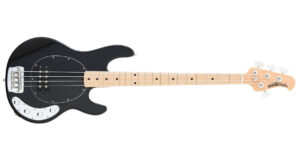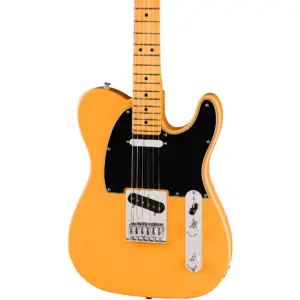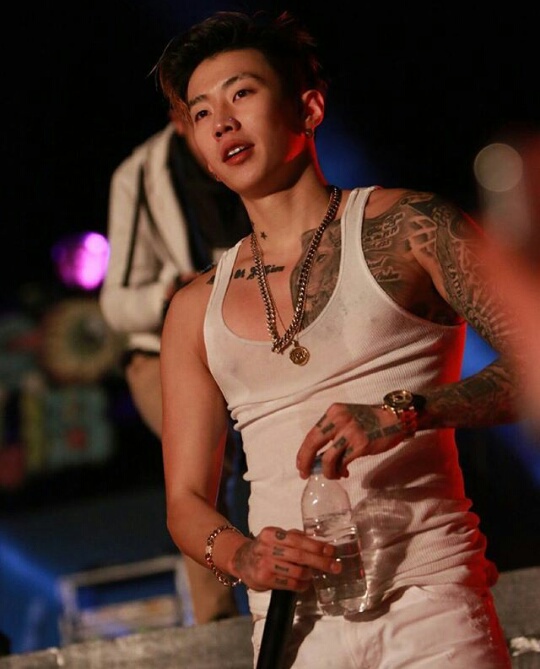
Jay Park 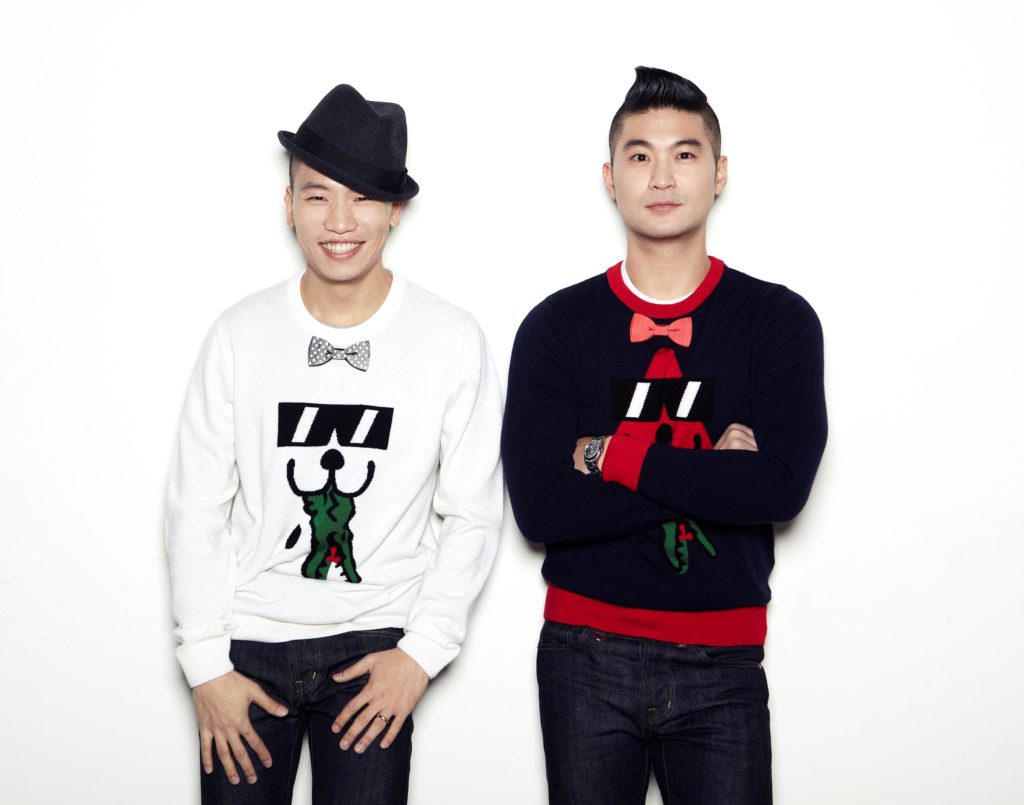
Dynamic Duo 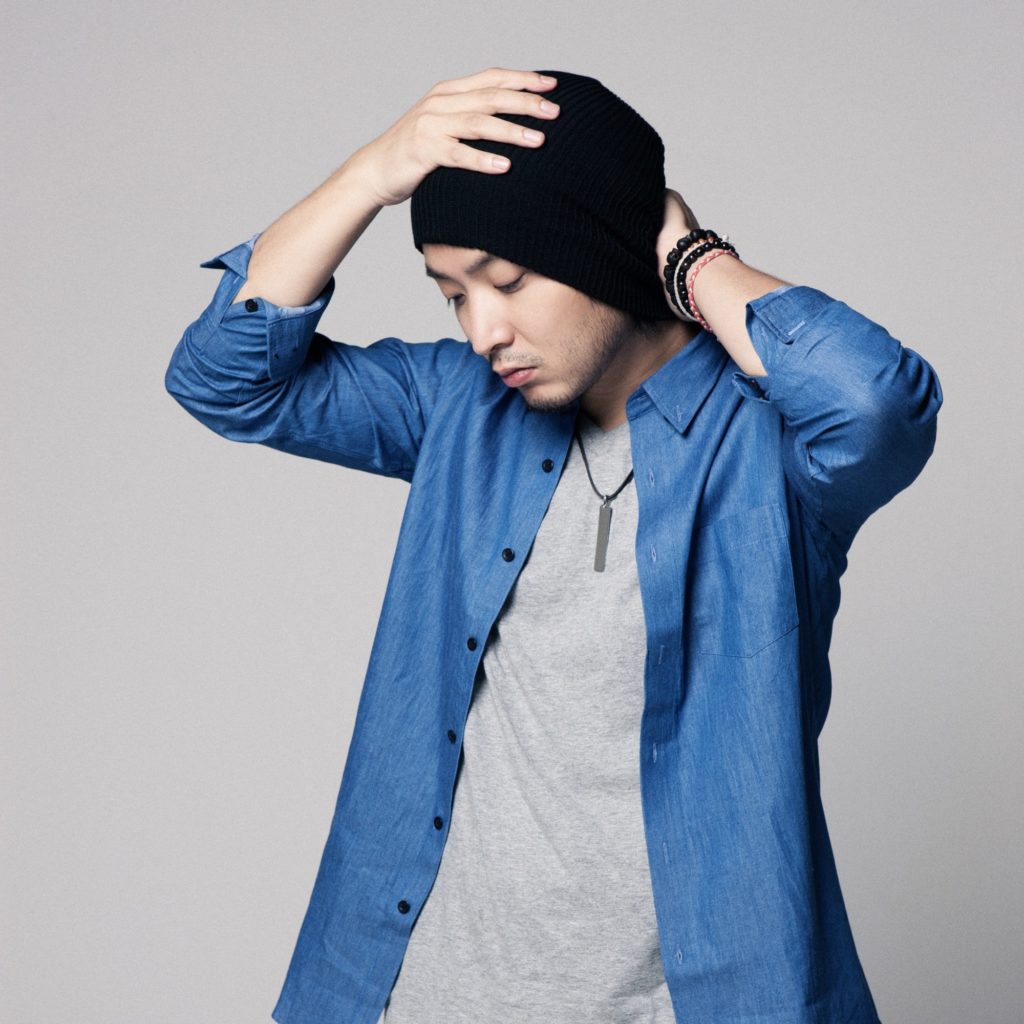
Verbal Jint 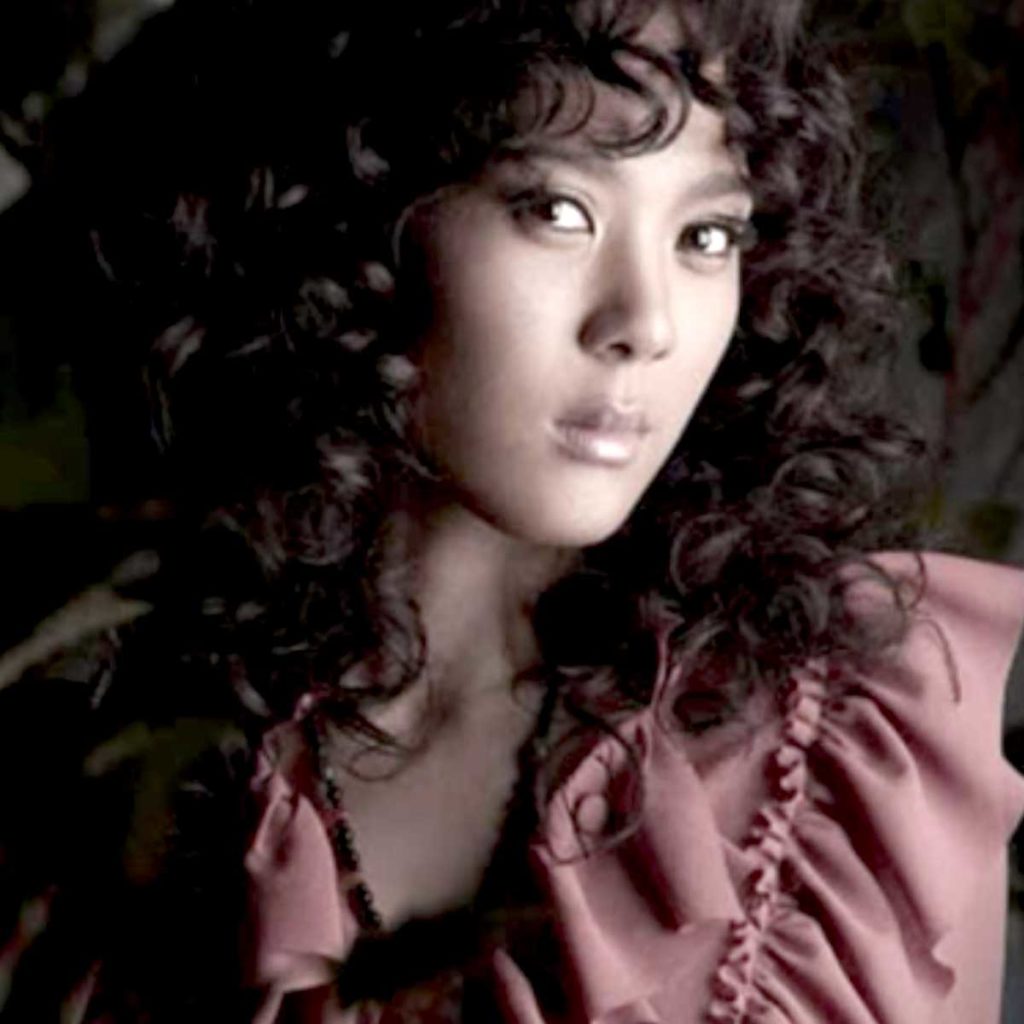
Yoon Mi-rae 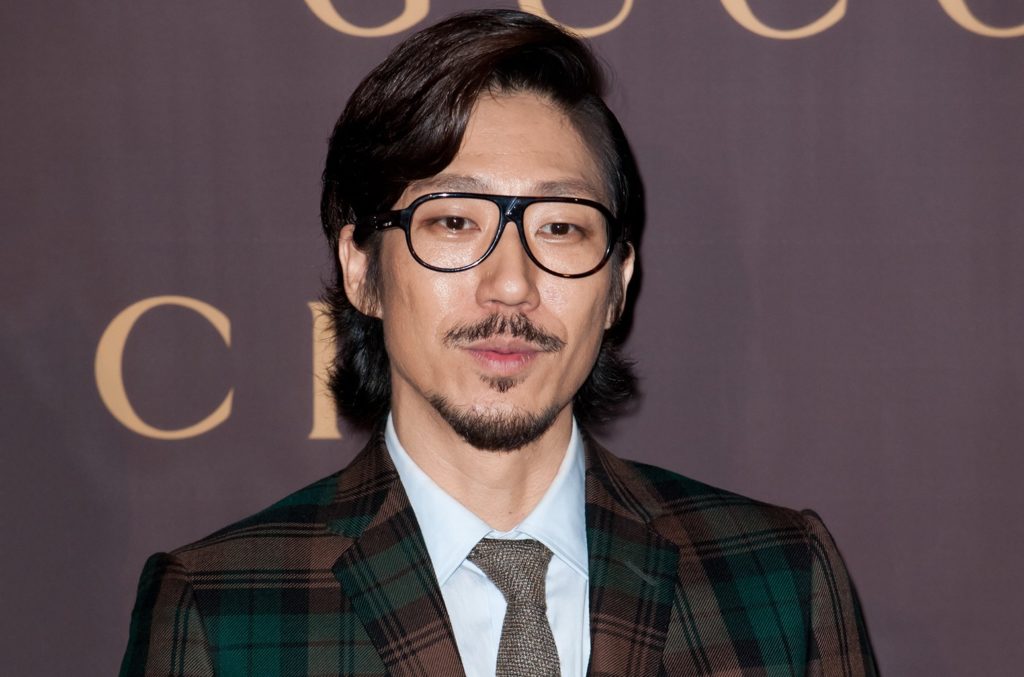
Tiger JK
Now that BTS has taken over the world, and K-pop is no longer a niche genre for those outside Asia, we can start delving seriously into the music of this beautiful country. Much has been written and said of K-pop, so we decided to explore another genre which is all set to exert global influence.
We’re talking about South Korean Hip Hop.
Ever since its emergence in the 1970s, Hip-Hop has been a fiery avenue of protest, a snarling utterance of rage and one of the most reliable expressions of zeitgeist. As the genre gained prominence, popularity and fame, hip-hop also came to be one of the primary tastemakers of what is “cool”.
All of this stands perfectly true of Korean hip-hop. Anyone who has paid attention to BTS’ RM, J-Hope and Suga knows how powerful rap transforms a song – to say nothing of their solo work. As celebrated rappers in their own right, these guys are part of a fascinating genre, one which deserves tremendous recognition and respect.
In this article, you’ll find five Korean hip-hop artists that will reveal more about the genre, it’s place in Korean culture and of course, provide an unending stream of excellent music.
Be warned, this is a long article. If you’re new to the genre, I recommend taking it one artist at a time.
Tiger JK
You don’t speak of Korean hip hop without bowing to the Godfather. Tiger JK AKA Seo Jung-kwon was born in Seoul to a DJ dad who was also the first Billboard correspondent in Korea (and this was the 1970s). Jung-kwon moved to Miami for about a decade when he was 12. This was the time when LA gangsta rap crews like N.W.A were storming the scene with anti-establishment rage, and here Tiger JK found the music that was to propel him to the status of icon in his homeland.
On his return to Korea, Tiger JK started rapping in a scene and time (1990s) when hip hop generally had a bad rap (pun intended) in Korea. It was considered uncouth, disruptive and rebellious in a typically conservative Asian society. His first album failed, largely because the songs were banned, redlines, marked ‘explicit content’ and got no radio play.
According to Tiger JK “Every single or track got banned, had a redline, marked ‘explicit content,’ but I wasn’t cussing or nothing,”…. I had no dancers, no stage clothes, no bling. … I was too raw. They banned my music, and they banned me.”
He returned to the US, but kept coming back to his country. Eventually, his music broke through to the Korean youth, who found an alternative to the heavily manicured, scripted glimmer of K-pop.
Today, he is hailed as the man who took “controversial”, authentic hip hop into the mainstream. But his influence goes beyond his own music and it’s commercial success. Among his many other creative adventures, Tiger JK founded the Movement Crew, a hip-hop community that led to the birth of some of Korea’s greatest hip-hop icons – Dynamic Duo, Leessang, and Epik High. Naturally, in 2011, the Los Angeles Times called himi, “perhaps the most popular Korean rapper in America, Asia and the world.”
To this day, Tiger JK is cited as a major influence by almost every Korean rapper of any significance (including BTS’ RM). There is, without a doubt, no better artist to start your journey into the raw and real world of Korean hip hop.
Yoon Mi-rae
If Tiger JK is the King, then Yoon Mi-rae is the Queen of this domain. Quite literally, they form the First Couple of Korean Hip Hop (they’re married). But Mi-rae, also known as Tasha or simply T, is another foundational figure in the genre.
Born to a Korean mother and an African-American father, Mi-rae lived in South Korea with her family as her father served in the U.S. military in Uijeongbu. She was scouted when singing outside an audition room (she had accompanied a friend to the latter’s audition) and joined the hip-hop group Uptown at the age of 16 – which disbanded in 2000.
She went on to form a hip hop and R&B duo Tashannie, released one album and finally debuted as a solo artist in 2001 under the stage name T. In 2006, she joined her then-boyfriend Tiger JK’s label Jungle Entertainment, and in 2013, joined the hip-hop trio MFBTY (My Fans Are Better Than Yours).
Today, Mi-rae is one of the most celebrated female rappers in the country, and is also one of the most sought-after vocalists for Korean drama soundtracks. Her music is characterized not just by a stunning vocal timbre, but by deeply honest, candid and uninhibited songwriting. Her solo album T3 – Yoon Mi Rae reveals the discrimination she faces on account of her mixed-race heritage in Korea. For instance, her song Black Happiness is about combating this prejudice with the positivity of her music, and Angel is about the bond she shares with her family and long-time collaborator Bizzy.
In Korea, every female rapper looks up to Yoon Mi-rae as the standard of excellence to aspire to, and a cursory glimpse of her music will reveal why.
Verbal Jint
For Korean hip hop to become truly ‘Korean’, it needed Verbal Jint. When Kim Jintae AKA Verbal Jint debuted in 1999 with Big Brag, rappers were still performing a soft replica of English-based rap rhyme drawn from American hip hop. One of Verbal Jint’s most quoted lines, infact, is “People who came before us didn’t have much interest in rhyming; artists before us were satisfied with talking fast and thinking that it was rapping—and that sold then.”
Jintae is best known for creating and establishing an elegant, dynamic and domineering rhyme scheme that was drawn from and celebrated the Korean language. He was also one of the earliest MCs who, on becoming a fixture both underground and in the mainstream, mentored rookies and helped them publicize their music; he produced their beats and featured them on his albums. Some of Korea’s hip hop heavyweights, rappers Swings and San E, to name a couple, credit Verbal Jint for showing giving them a solid footing in the scene.
He is also known for his intellectual prowess – the man majored in economics at Korea’s most prestigious university, and took a hiatus from his music to enroll in law school (though, he has admitted, he was in love with 1940s Latin American magic realism at the time).
Much like hip hop icons from any country, Verbal Jint is known for candid explorations of personal and collective darkness. He often vocalizes the agonies of merely existing – societal expectations, heartbreak, addiction (he hints at alcoholism in his album No Excuses), regret and existential exhaustion. For the still-conservative Korean society, these are topics not often talked about, let alone made music out of.
Dynamic Duo
Much like everyone else on this list so far, Choi Jae-ho (Choiza) and Kim Yoon-sung (Gaeko) started out when hip hop was tottering on unstable feet in Korea. But then in 2004, they released Taxi Driver, one of the most successful hip hop albums in South Korean history.
These days, Dynamic Duo is one of the heaviest hitters in the game. And like every respected Khip-hop artist out there, they are known for exploring the non-mainstream side of things – loneliness, struggle, the quiet despair of being alive sometimes. Particularly impressive is how these two guys (friends since their childhood) have not just managed to stay relevant in a market that seems to discard stars every single day, but have actually evolved to explore more interesting collaborations, lyricism and improvisations. They have grown with the scene, which continues to acknowledge them as one of it’s originators.
Jay Park
Jay Park hasn’t been around as long as everyone else so far, but he has definitely been a massive cultural force in Khip-hop. His career is rather interesting, because he started out as an ‘idol’ (Most K-pop stars and performers are referred to as idols, since they are meant to be role-models for fans and society in general).
This Korean-American multi-hyphenate (rapper-singer-songwriter-record producer-dancer- choreographer-entrepreneur-actor-mentor-judge) was selected and trained to be the leader of the K-pop group 2PM (one of the earliest sensations of the genre). He spent a year being massively famous, but had to leave the group (and Korea) due to a controversy. However, he returned within a year after his cover of B.o.B’s Nothin’ On You went viral on Youtube.
Within a few months, Park had established himself as a successful solo artist. Detaching himself from his idol beginning, he dived into his true musical calling: hip-hop. He was one of the earliest (and still, one of the few) idols to step into Korea’s underground hip-hop scene.
In many ways, Park has been responsible for bringing hip-hop into the Korean mainstream. His already existing fanbase from his 2PM days gave him an edge: offering his music much wider exposure than most Korean rappers could achieve at the time. His work also spans genres, but his favourites seem to be spitfire rap and silken strains of RnB.
Apart from releasing consistently successful albums and EPs, Park also founded his record label AOMG which has grown to be a powerhouse in Asian hip-hop. He also went on to establish a second label H1GHR MUSIC to facilitate artistic collaboration between American and Korean artists.
Park is also the first Asian-American rapper to be signed on to Roc Nation, the entertainment agency spearheaded by hip-hip god Jay-Z. Needless to say, the man has made history.
Park is also one of the first (some may say, THE first) artist to incorporate a certain measure of brazen sexuality into his artistry; something not too commonly seen in 2012 South Korea.
Let’s be clear: the five-person list above is not exhaustive by any means.
But these artists are among the people that have given Korean hip-hop it’s distinctive identity. They are responsible for nurturing the genre at a time when it was seen as little more than a passing, somewhat dangerous phase. They are known for injecting authenticity into an industry that is often accused of factory-producing their stars. If nearly every K-pop song in 2020 is emboldened by a few verses of rap, it’s because these men and women chose to keep rapping when everyone else kept telling them to stop.




